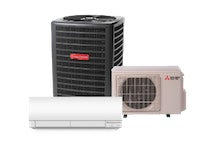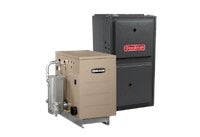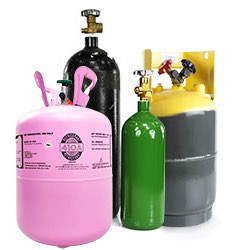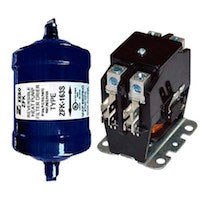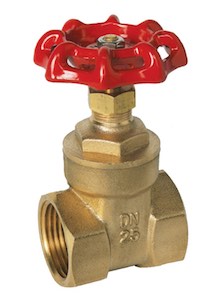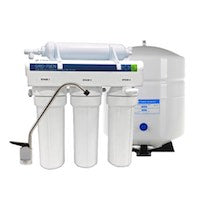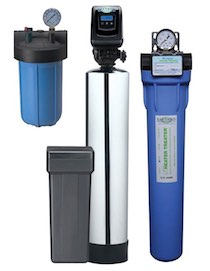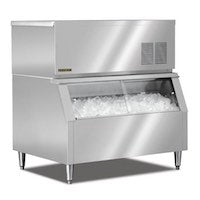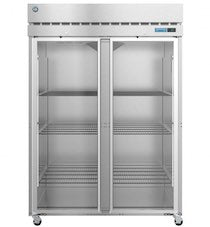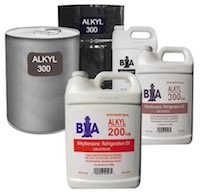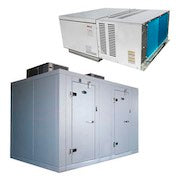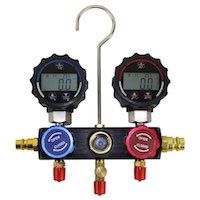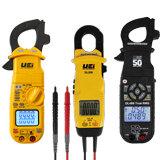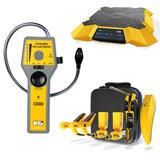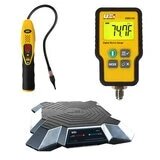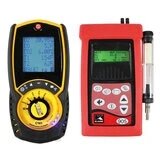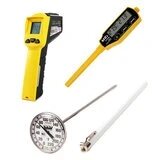
Understanding Combustible Gases: Safety, Benefits, and Importance
Combustible gases, including methane, propane, butane, and hydrogen, play a crucial role in various industries, from energy production to manufacturing. These gases are essential for powering our homes, fueling vehicles, and supporting industrial processes. However, understanding their properties, benefits, and potential hazards is vital for ensuring safety and efficiency.
Why Combustible Gases Are Important
The use of combustible gases is widespread due to their energy efficiency and availability. For instance, methane, a key component of natural gas, is one of the most efficient fuels for heating and electricity generation. Propane and butane, often used in portable stoves and heaters, provide a reliable energy source, especially in remote areas. Hydrogen, known for its clean energy potential, is gaining popularity as a future fuel, particularly in the transportation sector.
Benefits of Using Combustible Gases
1. Energy Efficiency: Combustible gases like methane and propane have a high energy content, making them efficient fuel sources for various applications. Their efficiency reduces the overall energy consumption, which can lead to cost savings.
2. Availability and Convenience: Many combustible gases are readily available and easy to store. Propane, for instance, is widely used in rural areas where electricity might not be accessible, ensuring that people have access to energy regardless of their location.
3. Versatility: These gases are versatile, serving multiple purposes across different industries. From heating homes to powering industrial machines, combustible gases are integral to modern life.
4. Cleaner Burning: Compared to other fossil fuels, some combustible gases, like natural gas, burn cleaner, producing fewer pollutants. This makes them a more environmentally friendly option for energy production.
Safety Considerations
While the benefits of combustible gases are numerous, safety is paramount. Combustible gases are highly flammable and can pose significant risks if not handled properly. Understanding the properties of each gas, using proper storage techniques, and installing appropriate safety measures are crucial steps in mitigating these risks.
Why You Need Combustible Gas Detectors
Given the potential dangers, using combustible gas detectors is essential in any environment where these gases are used or stored. These detectors can identify leaks early, preventing accidents and ensuring the safety of everyone involved. Whether in residential settings, industrial plants, or commercial spaces, gas detectors are a critical component of safety protocols.

 HVAC
HVAC
 Plumbing
Plumbing
 ELECTRICAL
ELECTRICAL
 Tools & Test Instruments
Tools & Test Instruments
